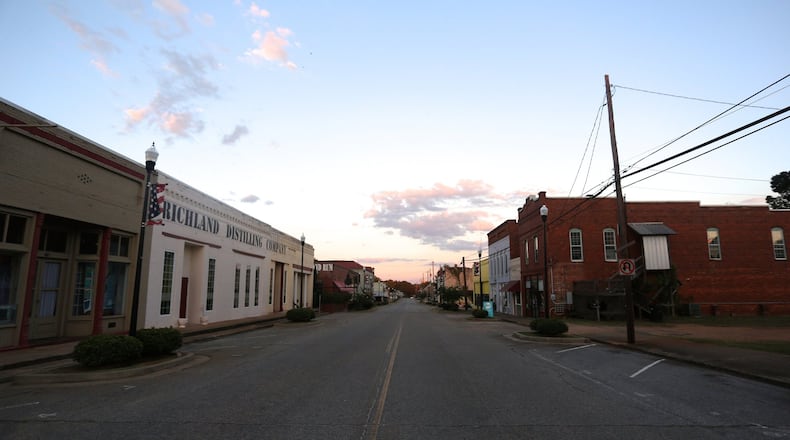The federal government is pumping millions of dollars to reduce the number of homeless people who are living in rural Georgia.
The Department of Housing and Urban Development awarded another $2.2 million to the state recently, which will go toward housing people in remote areas of Georgia. So far, the state has received nearly $5 million from the federal government for addressing rural homelessness in 2023.
“Our job is not done,” Deputy Housing & Urban Development Secretary Adrianne Todman said in a phone interview. “It is the good work of [states] like Georgia, Kentucky and across the country, that as their work progresses makes the case for additional funds.”
Government officials have put the spotlight on rural homelessness in recent years, as attention has shifted from just focusing on homeless populations in cities. Since the pandemic, one housing advocate said that nonprofits are reporting higher rates of homelessness in rural parts of the state. Just a few years ago, homeless people in rural places were often tucked away in the woods and out-of-view. That’s since changed, said Dr. Bambie Hayes-Brown, president and CEO of Georgia Advancing Communities Together.
“In the past two years, as I’ve traveled the state, rural homelessness is beginning to be more visible,” said Hayes-Brown, whose statewide nonprofit works to provide more affordable housing. “You are actually seeing people with encampments, who are not in the woods or not [living] up with family and friends.”
According to HUD, rural areas in the United States experienced the largest overall percentage increase in the number of homeless people, between 2020 and 2022. But Hayes-Brown says she believes the scope of the number of people who are homelessness in rural Georgia is not well-known.
Four organizations in Georgia are splitting up the funding, according to the Georgia Department of Community Affairs. The funding will help provide services and housing to people who are homeless in places like Gordon County, Bulloch County, Early County, Seminole County, and Miller County. HUD is also giving the state more than 100 vouchers that people who are homeless can use for housing.
While the funding is welcome, Hayes-Brown said it’s not enough.
“It’s a drop in the bucket,” she said of the funding that Georgia has received thus far.
Addressing homelessness in more far-flung counties will require a shift in thinking. The problems are slightly different: there’s even less access to transportation, and fewer resources. Hayes-Brown said it’s also a matter of explaining that the problem exists.
“When people think of homelessness, they automatically think of Atlanta, and Atlanta always gets the lion’s share of everything,” she said. “Members who are actually doing the work in rural communities, they just feel left out.”
About the Author
The Latest
Featured


